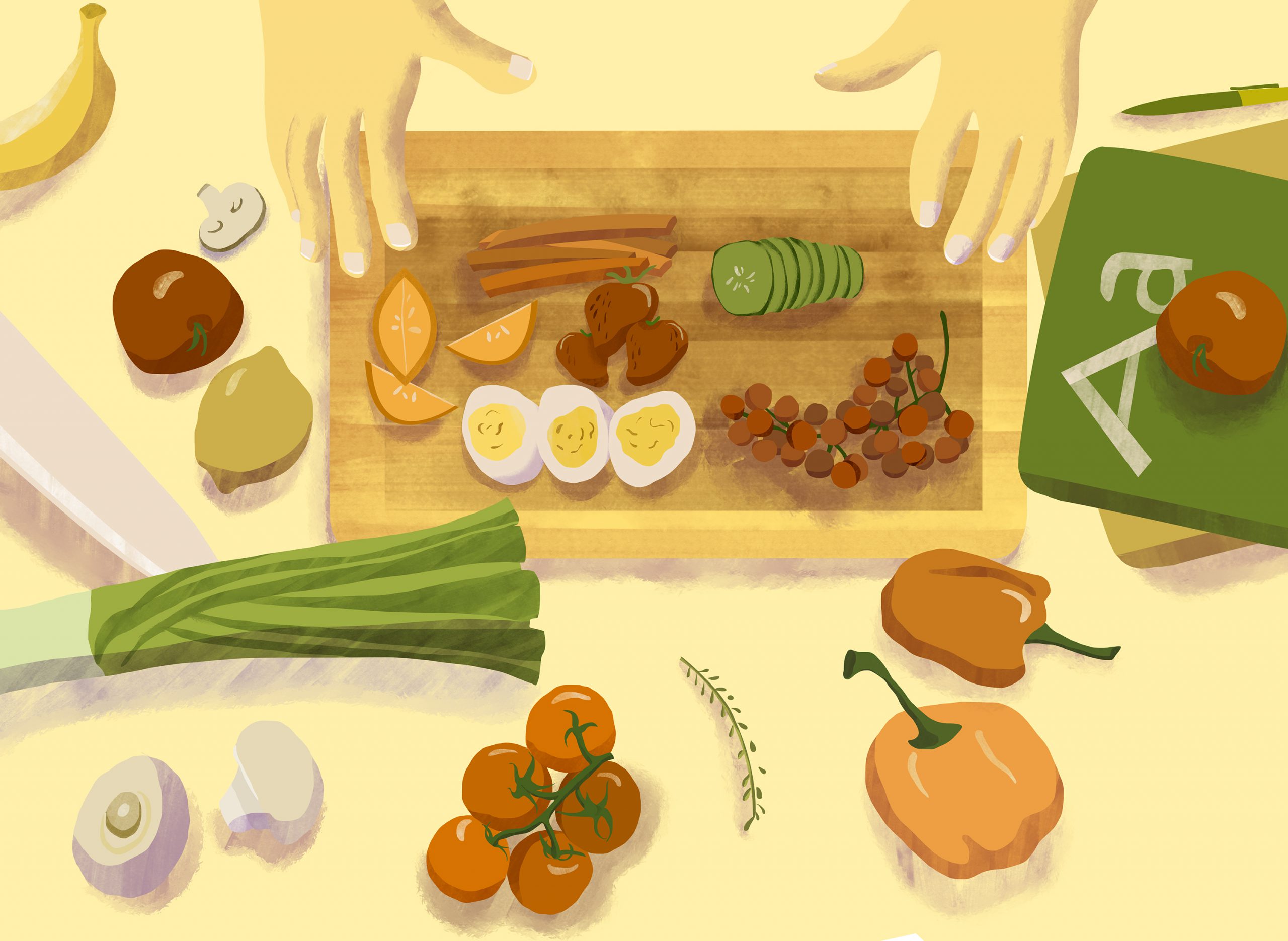BC School Food Toolkit: General Nutrition Information
| Nutritious foods are critical for healthy growth and development. When nutritious foods are offered or sold and consumed at school these can contribute to the health and wellbeing of students and help them be ready to learn and play.
|
Tips for Feeding Kids
| Offering nutritious foods that kids will actually eat is a concern that many schools have. Healthy Schools BC have created this section with this topic in mind.
|
Supporting Students with Disabilities and Diverse Abilities
| All students require equitable access to school food programs. Some students will have unique needs that require special consideration. A variety of things can impact a student’s ability to participate in school food programs, including mobility challenges, visual impairments, sensory differences, speech disorders, hearing limitations, intellectual disabilities, and more.
|

https://farmtoschoolbc.ca/starting-a-program/
| Starting a Program - Farm to School BC Starting a farm to school program Interested in starting a farm to school activity in your school? There are many different program models you can try! Farm to school programs […] farmtoschoolbc.ca
|
Fruit and Vegetable Resource for Parents.pdf
BC Agriculture in the Classroom Foundation
Educational Resources
| Information on different BC grown vegetables and fruits, how to store them and for how long. Provided by: 2023. The BC School Fruit & Vegetable Nutritional Program School Coordinator Guide. (20th edition).
|
Article: Policy Options Magazine
| A national school food program would do more than feed students
|
How to grow a school garden in September

| It’s September. The kids
are back in school and the you can’t keep up with the number of zucchinis that
just keep coming. But seeings as this is back-to-school time, it’s a good time
to consider the future of a garden that operates on a different schedule: How
to grow a school garden. School begins in September, but many gardens don’t get
going until the spring. A school garden doesn’t need to limited to a few months
at the end of the school year. Greens are your go-to crops for cool fall
planting. Want a fresh garden salad for Thanksgiving? Before the frost settles
in during the month of November, you can still squeeze a few weeks of moderate
growing temperatures out of our west coast weather. Fall is an opportunity to
stray beyond hardy lettuces and experiment with other intriguing vegetables.
|
Place at the Table: A Mission Guide to Food Security
| Free or Low Cost Options to access FOOD in Mission, BC
|
MPSD Collected Resources from and for the Mission Community
| Family Support Agencies, Mental Health & Wellness, Parent Peer Support, Financial Support, Online Activities, AFTER SCHOOL ADVENTURES - links to to sports & activities offered in Mission and surrounding areas.
|
Canada Food Guide
| Healthy eating recommendations, dietary guidelines
*available in other languages
|
Rainbow Plate
How we teach and talk about food with children is just as important as what we feed them.
Together we can help kids cultivate positive relationships with food.
| A joyful, sensory approach to food education: Supporting educators to make food literacy education engaging, inclusive and positive. Janet Nezon provides professional development opportunities, workshops and practical food literacy resources for adults who teach and care for young children.
|
Food Allergy Canada
| Food Allergy Canada is a non-profit organization dedicated to helping Canadians with food allergy live with confidence.
|
Nutritious School Food
| Developed by the Ministry of Health's registered dietitians, this resource provides food and beverage suggestions to increase the nutrition of food served to students.
|
Understanding Common Language
| A resource to explore and understand words such as “food security” and “traditional foods” from an Indigenous perspective.
|
Plant Based Eating in Schools
| The Vancouver Humane Society has created a toolkit for secondary school students who are interested in plant-based advocacy!
|
Cooking in Two Worlds
| An incredible new resource, created to guide B.C. public institutions that wish to incorporate Indigenous foods on how to best begin this process and to do so in a good way.
|
Food is Science
| Hands-on tools for teaching science through food. Experiential, evidence-based resources to help educators understand and teach new food literacy learning.
|
BC First Nations Recipe Collection
| A cookbook of native foods from British Columbia
|

| Establishing a National School Food Program - Arrell Food Institute arrellfoodinstitute.ca
|
Healthy Schools First: Teach Food First
| An Educator's Toolkit for Exploring Canada's Food Guide. This toolkit was developed by the Ministry of Health and the BC Centre for Disease Control in partnership with public health dietitians, BC teachers, and Indigenous Knowledge Keepers.
|
Fraser Health: Healthy Eating on a budget
|
|